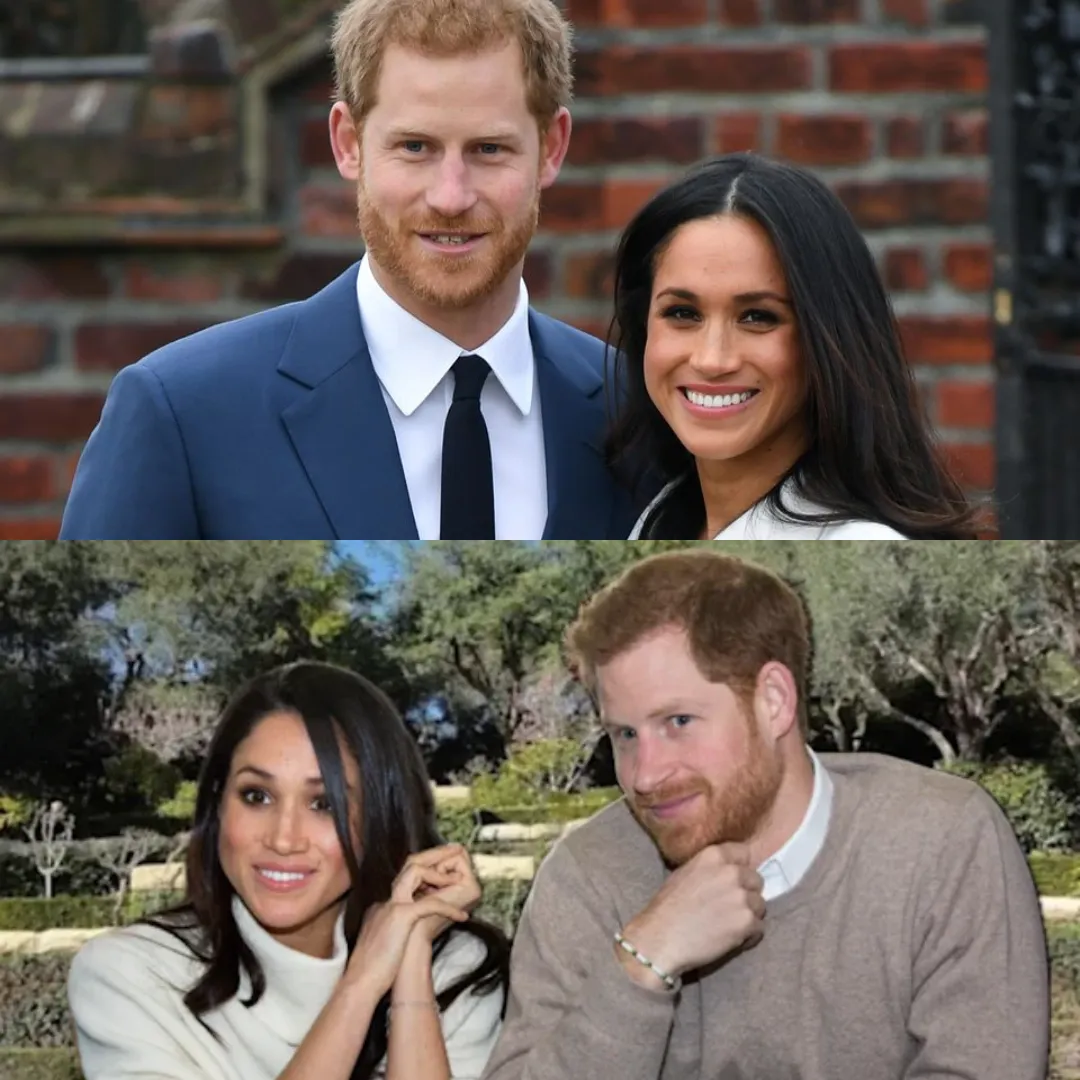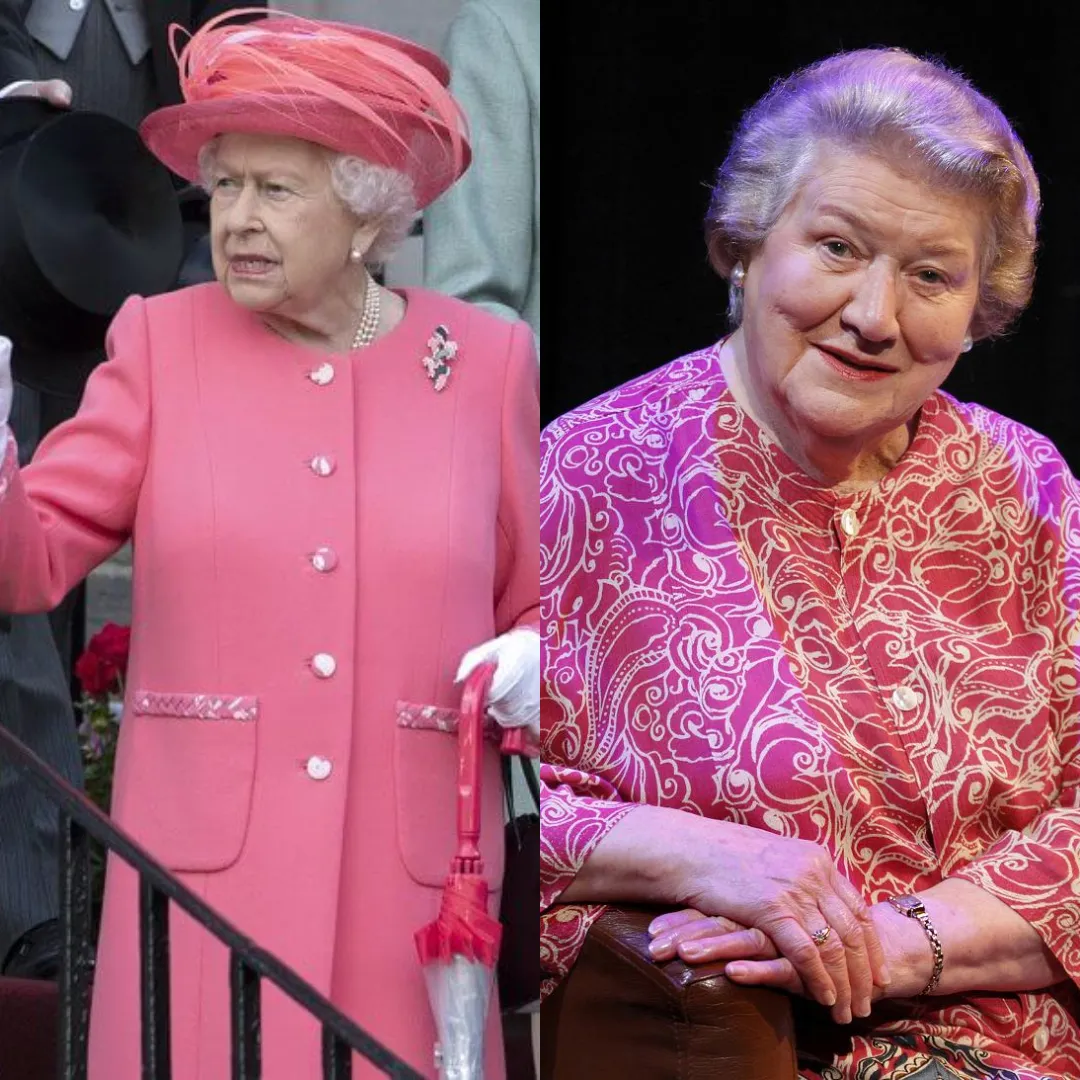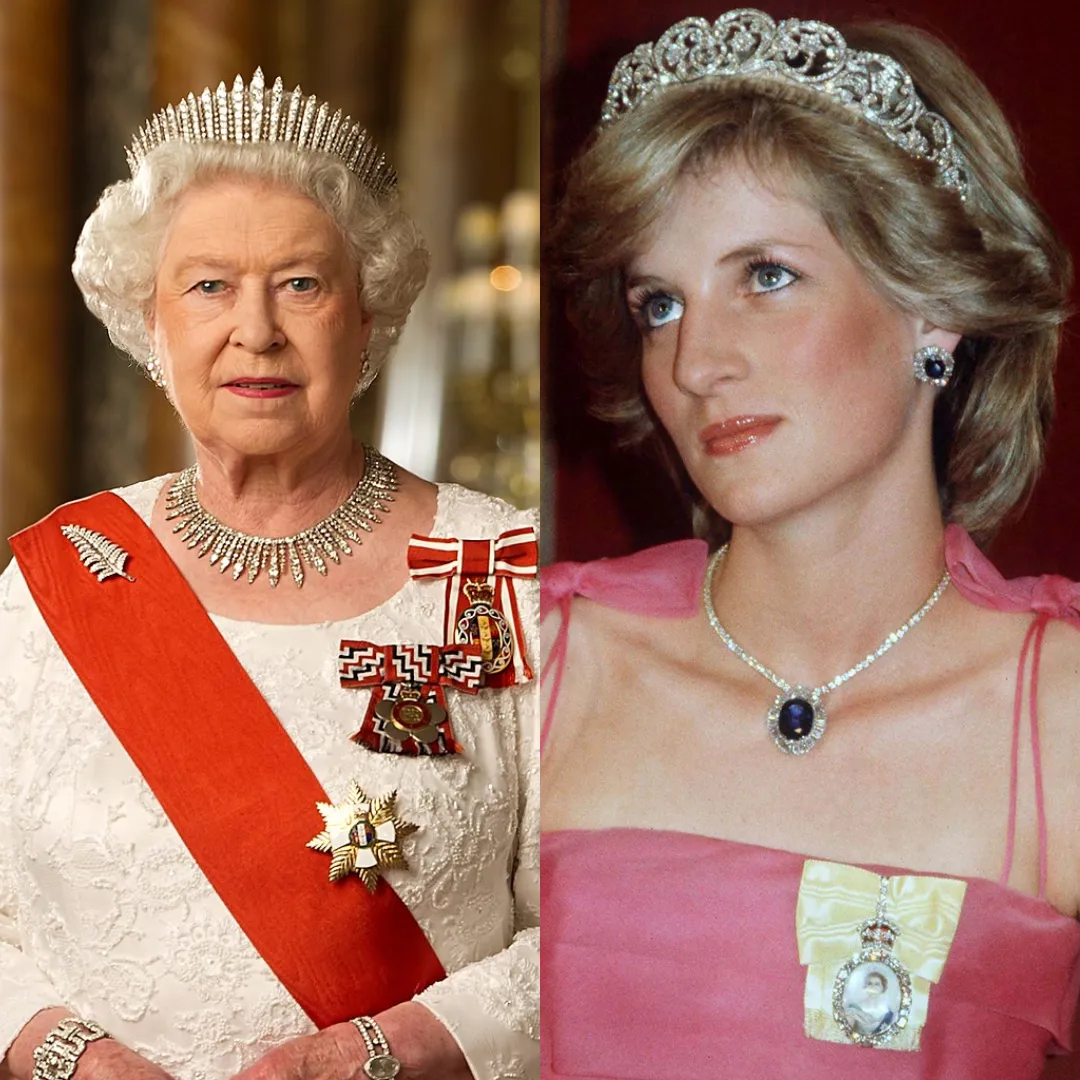Meghan Markle, the Duchess of Sussex, has once again found herself at the center of royal discussions, this time over her insistence on being referred to as “Meghan Sussex.” The controversy erupted after a moment in her Netflix series where she corrected actress Mindy Kaling for calling her Meghan Markle.
"It’s so funny you keep saying Meghan Markle, you know I’m Sussex now," Meghan remarked, emphasizing her desire to share a surname with her children, Prince Archie and Princess Lilibet.
This unexpected assertion has fueled debates among royal watchers, with many questioning whether it is appropriate for Meghan to adopt ‘Sussex’ as her surname, especially given the couple’s limited connection to the county of Sussex itself. Their only official visit to the region lasted a mere six hours in October 2018.
However, while some may find Meghan’s insistence surprising, royal protocol suggests she is not entirely wrong in using her title as a surname.
Traditionally, members of the Royal Family entitled to "HRH Prince" or "HRH Princess" do not require a surname for daily use. The official surname of the Queen’s direct descendants, as recorded on official documents, is Mountbatten-Windsor.
This name was established in 1960 when Queen Elizabeth II and Prince Philip sought to distinguish their direct lineage from the broader House of Windsor, without altering the name of the Royal House itself.
However, it has long been customary for royals to use their titles as surnames in certain contexts. Prince Harry, for example, was known as Harry Wales during his school years and military service, following the title of his father, then the Prince of Wales.
His brother, Prince William, also used the surname Wales, and their children have now taken on the same tradition.
Similarly, Princess Beatrice and Princess Eugenie were referred to as Beatrice York and Eugenie York before their marriages, reflecting their father’s title as the Duke of York. Meanwhile, the children of Prince Edward, the Duke of Edinburgh, use the surname Mountbatten-Windsor, as they have opted not to use their HRH titles.
Given these longstanding customs, it is not entirely out of place for Prince Harry and Meghan to adopt "Sussex" as a family surname for themselves and their children. According to Wendy Bosberry-Scott, editor of Debrett’s Peerage and Baronetage, it is entirely within protocol for Harry to go by "Harry Sussex" and for Meghan to be referred to as "Meghan Sussex."
The use of a title as a surname is not exclusive to the Royal Family—it is a long-standing tradition within British aristocracy. The Duke of Norfolk, for instance, is often referred to as Edward Norfolk, despite his actual surname being Howard.
This precedent supports Meghan’s claim to the Sussex name, even if the couple’s connection to the county remains tenuous.
In fact, Prince Archie was registered under both “Sussex” and “Mountbatten-Windsor” when his birth was recorded in 2019, in keeping with common aristocratic practice. Joe Little, managing editor of Majesty Magazine, has also acknowledged that the Royal Family has long exercised fluidity with surnames, making Meghan’s choice neither unusual nor improper.
What remains intriguing, however, is Meghan’s sudden insistence on being called "Meghan Sussex" in a highly public manner. While the use of a title as a surname is not unusual within royal circles, Meghan’s pointed correction of Mindy Kaling in her Netflix documentary and the seamless way Drew Barrymore adopted the name during her talk show introduction suggest a deliberate effort to rebrand.
This shift could be strategic, particularly as Meghan and Harry continue to forge their identity outside of the Royal Family. While they stepped back from senior royal duties in 2020, they retained their Duke and Duchess of Sussex titles.
By emphasizing "Sussex" as their family name, Meghan may be attempting to solidify their royal identity despite their physical and symbolic distance from the monarchy.
Alternatively, this move could be an effort to differentiate herself from her pre-royal identity. The name "Meghan Markle" is synonymous with her past as an actress and public figure before marrying into the British Royal Family.
By adopting "Sussex," Meghan may be signaling a new chapter, one in which she is defined less by her Hollywood past and more by her royal title—despite the couple's claims of seeking independence from royal life.
While Meghan’s choice to use "Sussex" is within royal precedent, it has sparked discussions about her relationship with the monarchy. Many critics see her insistence on the title as contradictory, given the couple’s efforts to step away from royal obligations.
Some have questioned why she is so eager to embrace a royal title while simultaneously criticizing the institution that granted it to her.
On the other hand, supporters argue that Meghan is simply following the same customs as other royals and members of the peerage. If Prince William’s children can be known as Wales, and Prince Andrew’s daughters were once York, why shouldn’t Meghan and Harry’s family be known as Sussex?
Regardless of the motivations behind the shift, Meghan’s preference for “Meghan Sussex” has reinforced her continued connection to the Royal Family—even as she and Harry pursue a life far removed from Buckingham Palace. Whether this is a strategic move, a personal choice, or simply a reflection of tradition, it is clear that the Duchess of Sussex remains determined to define her own identity, on her own terms.







